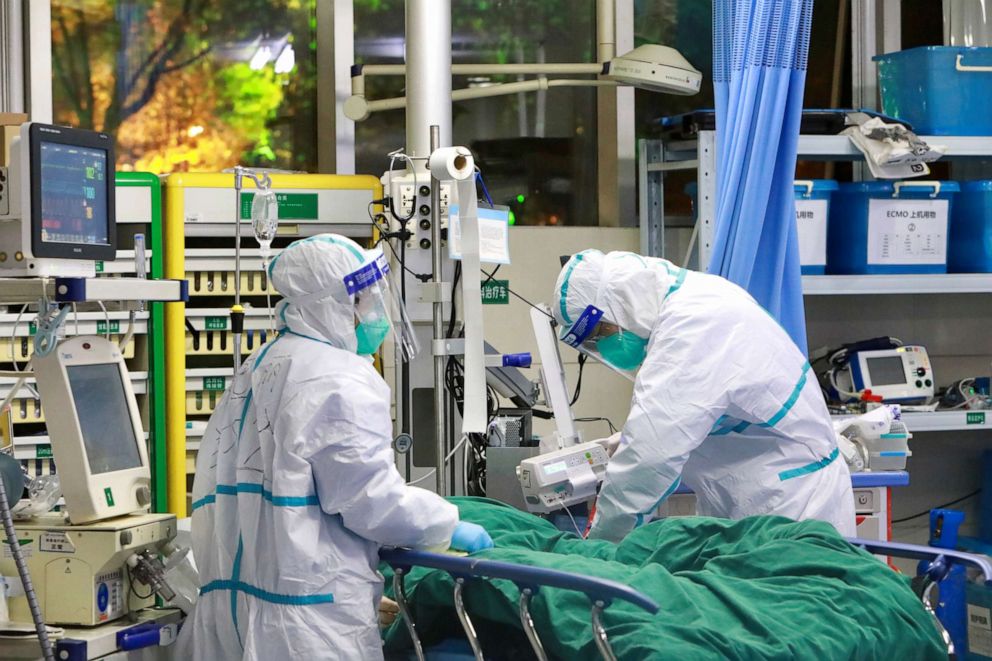
The Nigeria Agricultural Quarantine Service on Wednesday said it had increased veterinary checks at airports in a bid to forestall the entry of the deadly coronavirus into the country.
It said the agency was collaborating with the Federal Airports Authority of Nigeria to ensure that there was no gap or breach in the veterinary quarantine front at the airports.
The agency disclosed this in a notice on the outbreak of the virus, which was made available to our correspondent by the Head of Media, Communications and Strategies, Gozie Nwodo.
It described the coronavirus as an equal opportunity danger to human life and the agricultural sector.
It stated that a single case of introduction of the virus would have potentially broad and prolific ramifications.
The agency said, “Bearing in mind the zoonotic nature of the 2019 coronavirus, the NAQS is collaborating with the Federal Airports Authority of Nigeria to ensure that there is no gap or breach on the veterinary quarantine front at the airports.
“FAAN has issued a travel advisory admonishing passengers to submit themselves to standard quarantine formalities.”
It added, “As the single point of command for all agricultural quarantine activities in Nigeria, NAQS is obligated to buffer the nation from the potential introduction of this high-risk virus. The stakes are high. Therefore, officers are on their professional guard.”
It noted that consequently, all NAQS officers stationed at all ports of entry had heightened their alertness to make certain that procedural quarantine inspection was performed stringently, diligently and rigorously.
“There can be no exception or exemption. The general public is therefore advised to report any case related to the above to quarantine posts in their locality or the agriculture department in their local government council,” the agency stated.
Alternatively, it said the public could reach the agency directly, adding that the NAQS was positive that the sense of duty of its officers would remain an impenetrable bulwark against any threat to the nation’s agricultural economy, safety and the environment.


